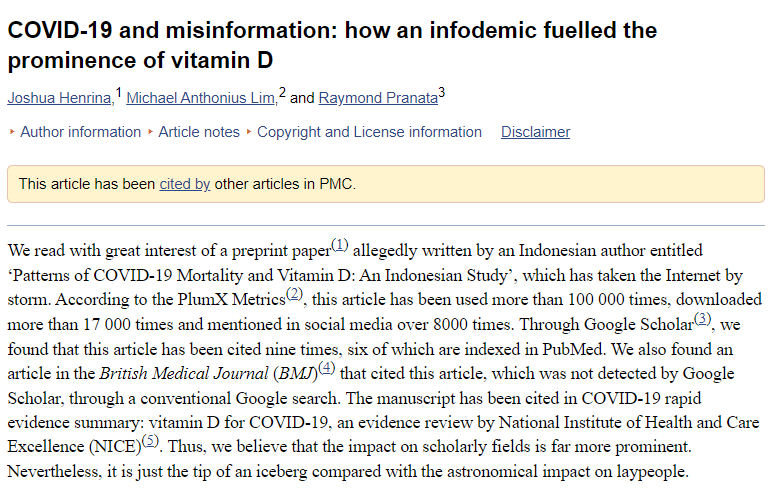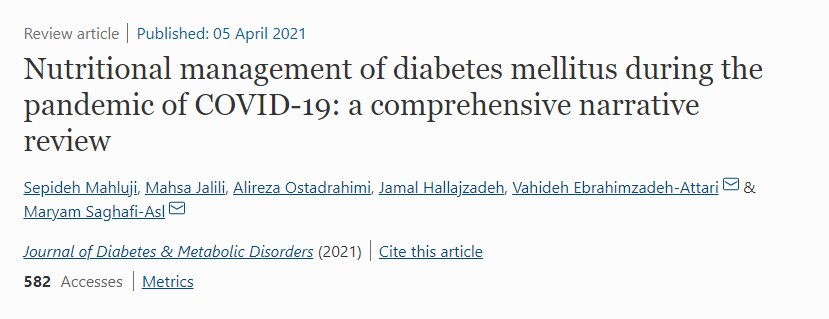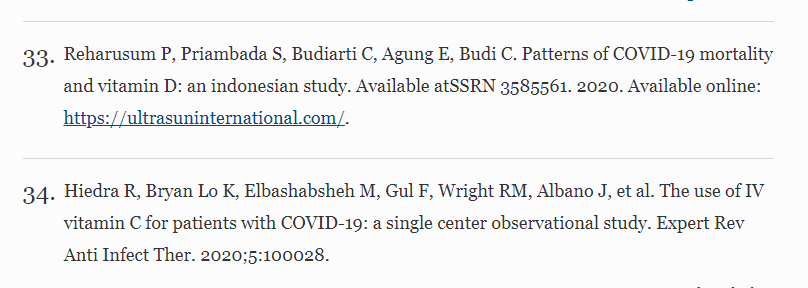
Stumbled on this paper about a retracted vitamin D study last year, and it is a WILD RIDE
This paper got 100,000s of downloads on SSRN, and changed worldwide policy
It also might have been...entirely fraudulent?
ncbi.nlm.nih.gov/pmc/articles/P…
This paper got 100,000s of downloads on SSRN, and changed worldwide policy
It also might have been...entirely fraudulent?
ncbi.nlm.nih.gov/pmc/articles/P…
You might not remember the paper, but it was a HUGE DEAL back in mid-2020
It claimed that survival of patients in Indonesia was essentially entirely dependent on vitamin D levels
It claimed that survival of patients in Indonesia was essentially entirely dependent on vitamin D levels
It was also removed (without any notes) from SSRN sometime in June 2020. Disappeared without a trace
https://twitter.com/GidMK/status/1274833553927237633?s=20
All of this is, uh, not great, but these three doctors from Indonesia thought the study was itself suspicious. They'd never heard of the authors, despite the massive international attention
So they had a look to see if any of this was real

So they had a look to see if any of this was real


To cut a long story short...the authors may not exist, the institution has no record of the study, no ethics application seems to have been filed, and at the time the study was written in the region it supposedly came from there were only 2 confirmed COVID-19 cases 

While none of this definitively proves fraud, it is a wild story, especially given the enormous global impact this study had
The global impact wasn't limited to news reports - the paper has been cited ~100 times so far, i.e. this recent narrative review where it's used to argue that vitamin D should be part of the treatment of COVID-19 for people with diabetes 





Also it appears that one of the authors of the investigative paper is on twitter @RaymondPranata
• • •
Missing some Tweet in this thread? You can try to
force a refresh










